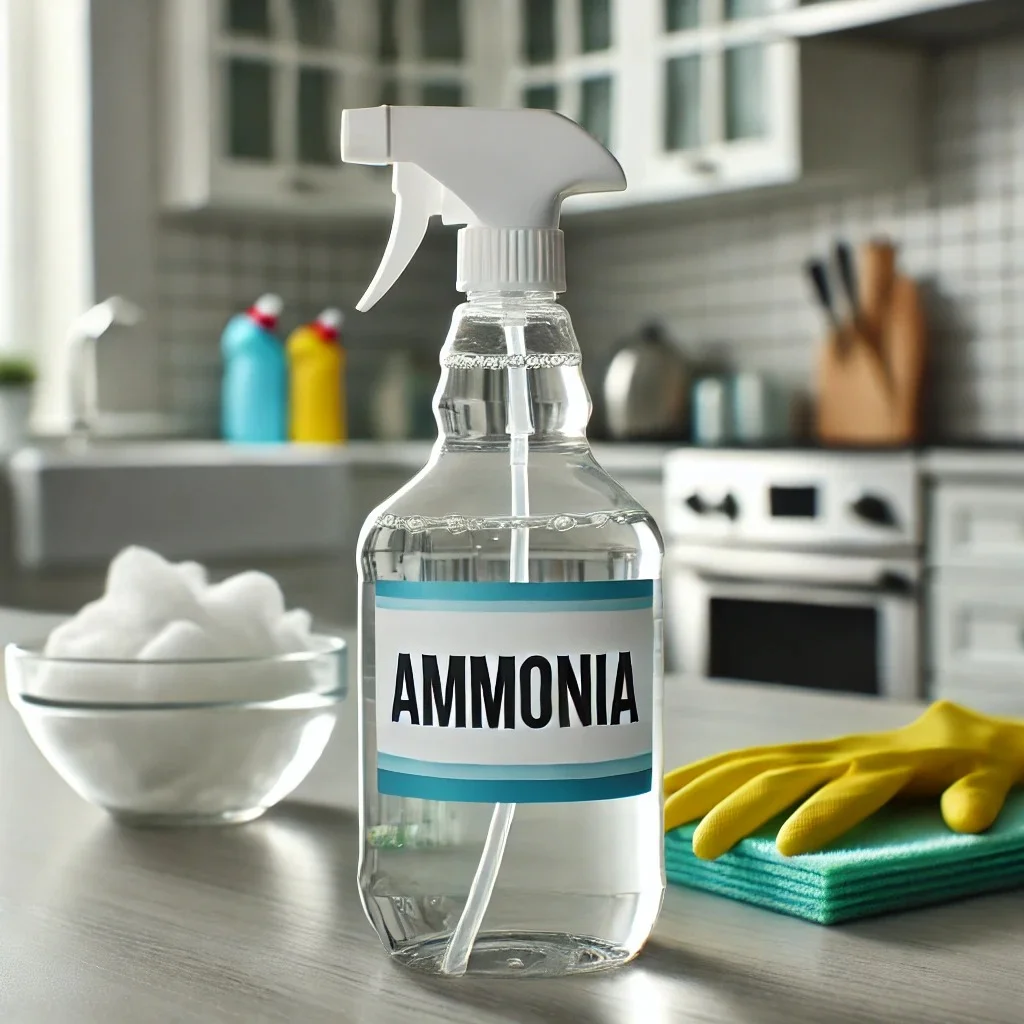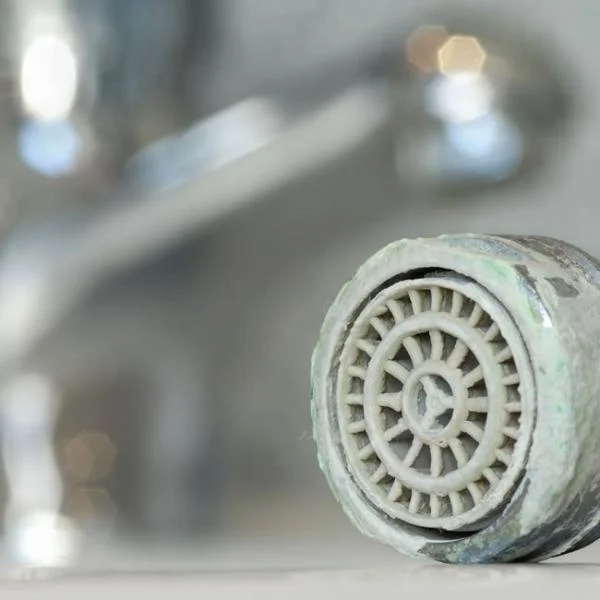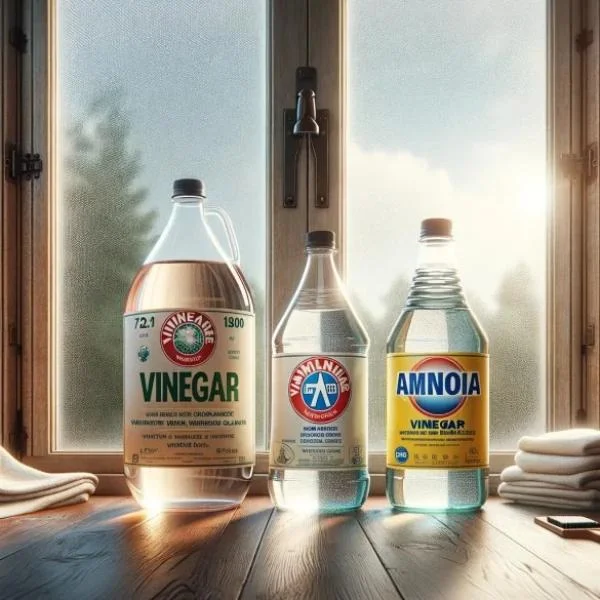
Ammonia is a versatile and widely used chemical compound with a significant role in both everyday cleaning products and large-scale industrial applications. With the chemical formula NH₃, ammonia is a naturally occurring compound, but it is also synthesized for commercial purposes. While ammonia is known for its pungent odor, it is appreciated for its effectiveness as a cleaning agent and its vital function in industrial processes. In this article, we will explore the role of ammonia in household cleaning, industrial uses, its benefits, and the precautions needed when handling this powerful chemical.
What is Ammonia?
Ammonia is composed of nitrogen and hydrogen atoms and is one of the most abundant nitrogen compounds on Earth. It is a colorless gas that dissolves easily in water to form ammonium hydroxide, which is commonly found in cleaning products. Ammonia is also a crucial element in agriculture, manufacturing, and refrigeration. Its ability to act as a cleaning agent, refrigerant, and industrial precursor makes it invaluable across various sectors.

Ammonia in Everyday Cleaning
Ammonia is most commonly recognized for its use in household cleaning products. Its alkaline properties make it an effective cleaner for many surfaces, allowing it to break down grease, grime, and stains.
1. Glass and Window Cleaning
One of the primary uses of ammonia in household cleaning is for glass surfaces. Ammonia-based cleaners are popular for cleaning windows and mirrors, leaving surfaces streak-free and shiny. Unlike other cleaners, ammonia evaporates quickly, minimizing streaks and ensuring a clear, polished surface.
2. Degreasing
Ammonia’s ability to cut through grease makes it an effective solution for cleaning kitchen surfaces. It can clean ovens, stovetops, and countertops that accumulate greasy buildup from cooking. Its powerful grease-dissolving properties outperform many traditional soap-based cleaners.
3. Removing Stains
Ammonia is also effective in removing tough stains from fabrics and carpets. It can help lift dirt, grime, and even certain food and beverage stains, although it must be used carefully on fabrics to avoid discoloration.

4. Tile and Floor Cleaning
When diluted with water, ammonia can clean floors and tiles. It helps lift dirt and grime from porous surfaces like grout, leaving floors clean and sanitary. Due to its versatility, ammonia is often found in various multi-surface cleaners.
5. Bathroom and Surface Cleaning
Ammonia-based cleaners are effective in the bathroom for removing soap scum, mildew, and other types of buildup on surfaces like sinks, showers, and toilets. Because ammonia has disinfectant properties, it can also help to eliminate germs and bacteria from surfaces, making it a popular choice for household sanitation.
Ammonia in Industrial Applications
Beyond its household cleaning uses, ammonia is an essential chemical in many industrial processes. Its chemical properties make it highly valuable in agriculture, refrigeration, and manufacturing.
1. Agricultural Fertilizers
One of the largest industrial uses of ammonia is in producing fertilizers. Ammonia provides nitrogen, an essential nutrient for plant growth. Fertilizers made from ammonia are critical for enhancing crop yields, which supports global food production. In particular, anhydrous ammonia (ammonia in its liquid form) is directly applied to soil in agricultural fields, providing plants with the necessary nutrients to thrive.
2. Refrigeration Systems
Ammonia is widely used as a refrigerant in large-scale industrial refrigeration systems, especially in food processing and cold storage facilities. Its thermal properties make it one of the most efficient refrigerants available, and it has been in use for over a century. Unlike synthetic refrigerants like chlorofluorocarbons (CFCs), ammonia does not deplete the ozone layer, making it a more environmentally friendly option. However, due to its toxicity in high concentrations, ammonia refrigeration systems require proper safety measures to prevent leaks.
3. Industrial Cleaning and Degreasing
In industrial settings, ammonia is used as a cleaning agent for machinery and heavy-duty equipment. Its ability to dissolve grease and organic matter makes it valuable for maintaining clean and functional machinery. Ammonia solutions are also used to clean metal surfaces in manufacturing plants.
4. Chemical Production
Ammonia is a key raw material in the production of various chemicals. It is used to manufacture nitric acid, which is essential in producing fertilizers, explosives, and dyes. Ammonia is also involved in the production of plastics, synthetic fibers, and other materials used in everyday products.
5. Water Treatment
In some industrial water treatment processes, ammonia is used to help remove impurities from water. Ammonia is sometimes combined with chlorine to form chloramine, which helps disinfect water by killing harmful microorganisms. This method is widely used in municipal water treatment plants to ensure clean, safe drinking water.
Benefits of Ammonia
Cost-Effective
Ammonia is a relatively inexpensive compound to produce and purchase, which makes it an economical choice for both household cleaning and large-scale industrial applications. Its effectiveness in small quantities also contributes to its cost efficiency.
Versatility
The wide range of uses for ammonia, from household cleaners to agricultural fertilizers, highlights its versatility. Whether you are cleaning your home or supporting agricultural production, ammonia offers an efficient solution across diverse applications.
Environmental Impact
When used correctly, ammonia has a lower environmental impact compared to some synthetic chemicals. For example, ammonia-based refrigeration systems have a smaller carbon footprint and do not contribute to ozone depletion like some other refrigerants. However, caution must be taken to prevent ammonia from entering water systems in high concentrations, as it can be harmful to aquatic life.
Safety Precautions for Handling Ammonia
While ammonia is an incredibly useful compound, it can pose health risks if not handled properly. Ammonia is a toxic substance in high concentrations, and exposure can lead to respiratory problems, skin irritation, and eye damage. Here are some safety tips to keep in mind:
1. Use in Well-Ventilated Areas
When using ammonia-based cleaning products, make sure the area is well-ventilated to prevent the buildup of fumes. Open windows or use fans to increase airflow and minimize inhalation of ammonia vapors.
2. Avoid Mixing with Other Cleaners
Never mix ammonia with bleach or chlorine-based cleaners. This combination produces chloramine gas, which can be extremely harmful when inhaled. Always read labels and avoid mixing chemicals without proper knowledge.
3. Wear Protective Gear
When using concentrated ammonia in industrial or agricultural settings, wear appropriate protective gear, including gloves, goggles, and a mask. This helps prevent skin contact, eye exposure, and inhalation of toxic fumes.
4. Store Ammonia Safely
Keep ammonia in a cool, dry place, away from direct sunlight and heat sources. Ensure that containers are tightly sealed and stored out of reach of children and pets. Additionally, label ammonia containers clearly to avoid accidental misuse.
Conclusion
Ammonia plays a crucial role in both household cleaning and various industrial applications, from agriculture to refrigeration. Its versatility and cost-effectiveness make it an essential chemical in modern society. However, its potential hazards highlight the importance of handling ammonia with care. By following safety precautions, ammonia can be used safely and effectively in daily life and industrial settings alike. Whether you are using it to clean your home or to support large-scale industrial operations, ammonia remains an indispensable tool in both fields.
Related Articles
Essential Pond Treatments for a Healthy Ecosystem
A well-maintained pond creates a stunning focal point in any landscape while providing a thriving ...
The Role of Bacteria in Pond Health
Clear, healthy pond water isn't just a matter of luck – it's the result of countless microscopic ...
A Look at Bacterial Life: The Good, the Bad, and the Tiny
Bacteria , the microscopic organisms that have inhabited Earth for approximately 4 billion years, ...
What Is Limescale and Why Should Care About It
Limescale is a common problem that affects many households, especially in areas with hard water. ...
Understanding The Dangers of Mixing Bleach and Ammonia
When it comes to household cleaning, bleach and ammonia are two powerful agents often used for ...
Vinegar and Ammonia: How to Safely Use These Household Cleaners
Vinegar and ammonia are two powerful and popular household cleaners used for a variety of tasks. ...






